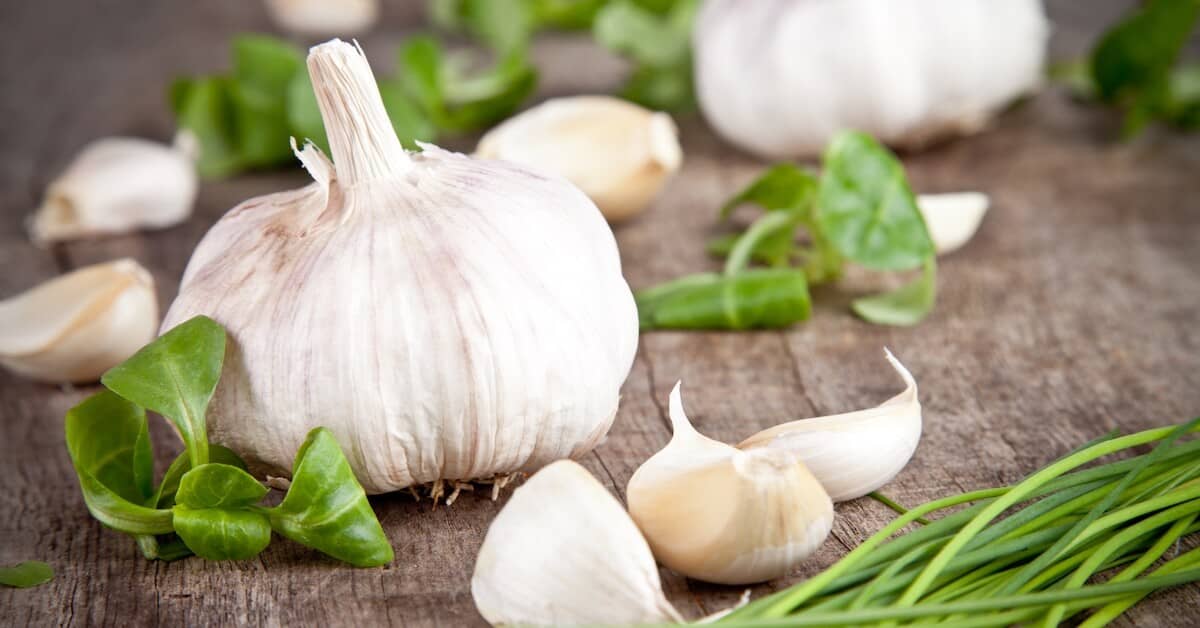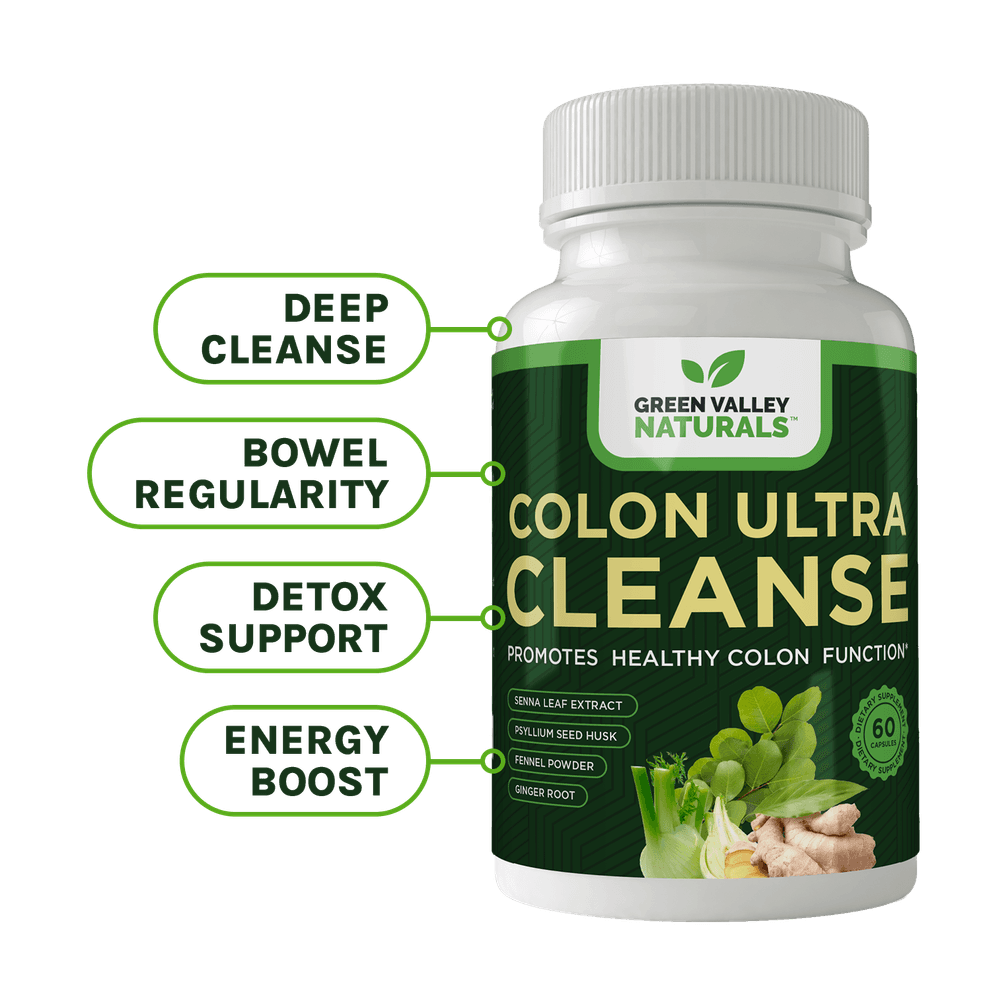
A popular herb that’s been used for cooking since the Pharaohs built the pyramids can fight heart disease, cancer and diabetes. It’s one of the most powerful “medicines” known.
A remarkable fact about this herb – researchers recognize that when you cook and consume it, you may ingest any of more than 50 different natural chemicals that can fight disease.
No wonder this botanical – garlic – has been widely used and recommended around the world since the time of the Sphinx. . .
Go For Garlic
In spite of being long-used and intensely studied, this venerable herb still contains hidden secrets that scientists are only beginning to unravel.
Scientists in England note that it’s complicated to analyze garlic’s effects because there are so many different beneficial chemicals available in the plant. When researchers use garlic in clinical trials, its effects may vary from study to study depending on how the garlic is prepared for consumption. Each type of preparation creates different compounds from the cornucopia of substances in the bulb.
Garlic gets its instantly recognizable flavor from its unique sulfur compounds. Along with other types of allium plants (like onions), garlic takes in sulfate from soil and uses it to build these natural chemicals.
When garlic is chopped and cooked or otherwise prepared in the kitchen, its sulfur storage molecules are broken down and can form any of more than four dozen different sulfur-containing substances.
"These molecules give the plants an ecological advantage when they're growing out in the wild,” explains researcher Peter Rose, a biochemist with the University of Nottingham in the UK. “As it happens, they're also biologically active within mammalian cells and tissues.”
In other words, although the garlic plant makes these chemicals for its own protection, they offer protection for us humans, too.
But if you chop garlic and toss it in a stir fry, you end up with one set of beneficial chemicals. Cook with garlic that’s been fermented in alcohol and you get another set. Press garlic for its oil and you get a third set.
"Each of these preparative forms could have a different effect within mammalian systems,” says Prof. Rose. “We don't really understand how these compounds are metabolized in humans and it's very difficult to identify common mechanisms of action for these molecules.”
Prof. Rose and his research team are focused on how garlic’s chemicals influence what are called “gaseous signaling molecules,” which include nitric oxide and hydrogen sulfide, that are made by our bodies.1 These molecules play a crucial role in the way cells communicate with each other and keep organ function on a healthy, even keel – in a balanced state of what is called homeostasis.
For instance, the nitric oxide produced by the body relaxes arteries and helps control blood pressure. (Beets are probably the most familiar source of nitric oxide for most Americans.) The body’s hydrogen sulfide also relaxes arteries and produces epigenetic effects in cells – turning on the activity of certain genes – that researchers believe can help us live longer and healthier lives, potentially preventing cancer and heart issues.2
Fights Infections
Another interesting fact about garlic is that one of its sulfurous compounds is a potent bacteria fighter that shows promise in the battle against hard-to-treat chronic infections.
According to researchers at the University of Copenhagen, the chemical, called ajoene, has the unique ability to destroy RNA molecules in bacteria that the bacterial cells use to communicate with each other.3
'We really believe this method can lead to treatment of patients who otherwise have poor prospects. Because chronic infections like cystic fibrosis (which causes lung infections) can be very robust,” notes researcher Tim Holm Jakobsen.
So, while garlic in any form is good for just about every organ in your body, I have one last tip – If you keep garlic in your kitchen for cooking, don’t throw it out if it sprouts. A study in Asia shows that sprouted garlic accumulates intensified concentrations of antioxidants.4 That makes it even better for you.

